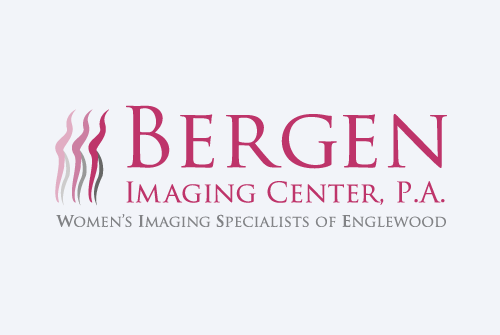By staying on top of your breast health, and going in for regular mammograms, you can potentially avoid a late stage breast cancer diagnosis. As we all know—mammograms save lives by detecting breast cancer in its earliest stages—when it’s still treatable.
While monthly breast self-exams are no longer recommended as a screening tool for breast cancer, it’s important to know what is normal for your body – and when to call the doctor.
Breast Cancer Diagnosis NJ: Signs and Symptoms
Lumps and Bumps:
More than 80 percent of the time a lump will not result in a breast cancer diagnosis. But if it doesn’t go away, or it’s located under your armpit, you should discuss it with your doctor.
Sore and Tender Breasts:
It’s normal for breasts to change over the course of your life. Birth control pills, hormones, periods, menopause and having large breasts can also cause soreness. However, if the pain gets worse, is only in one area of your chest, or prevents you from going about your regular routine, let your doctor know.
Nipple discharge:
It’s completely normal for breasts to leak milk for up to two years after you stop nursing. Menopausal women may also notice a milky-white discharge. But if the discharge is green, bloody, or clear, then check with your doctor as it could be a sign of breast cancer.
Changes in Size or Shape of Breasts:
Breast changes caused by periods, pregnancy, menopause, and weight gain or weight loss are completely normal, and usually don’t indicate a breast cancer diagnosis. But if you notice changes outside of these time periods, it may be time to talk to your doctor about scheduling a mammogram at Bergen Imaging Center.

